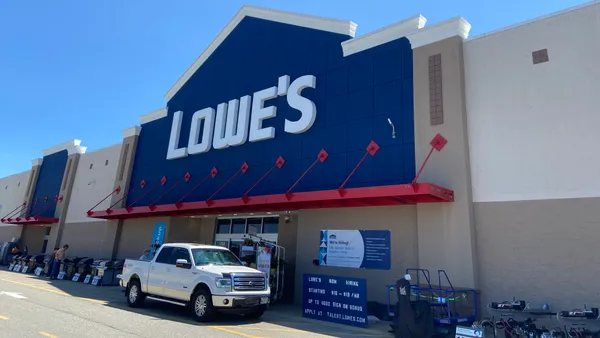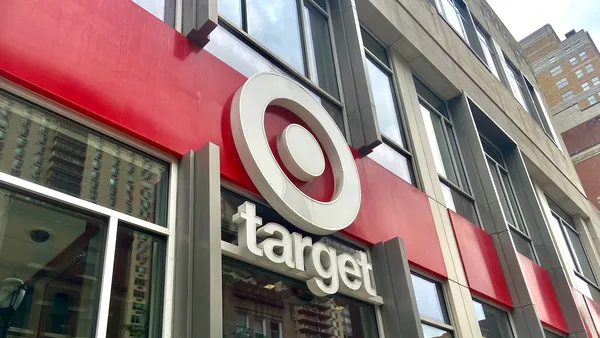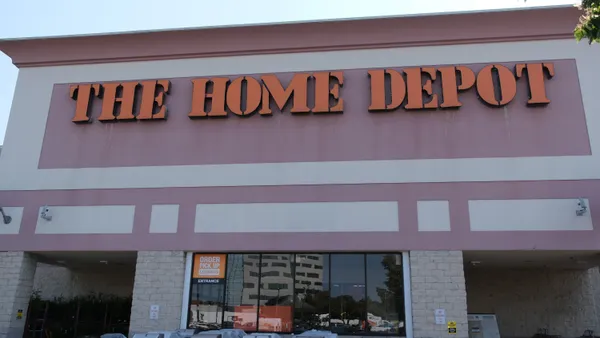Dive Brief:
-
Sears Holding Corp’s board of directors and chairman/CEO Eddie Lampert have agreed to a $40 million settlement of a shareholder lawsuit against Lampert himself, Reuters reports.
-
The lawsuit, filed against Lampert, directors and the real estate investment trust (Seritage Growth Properties) that holds much of the struggling retailer’s most valuable real estate, claimed Lampert, whose hedge fund has supplied Sears with much of its recent debt, benefited from a spin-off of 235 stores.
-
The settlement, which includes no admission of wrong-doing, is in service of avoiding further litigation, a Sears spokesperson told Reuters, and must by approved by Delaware's Chancery Court.
Dive Insight:
The lawsuit settled is a derivative action, according to the Reuters report, and the settlement will go to Sears, benefiting shareholders indirectly, and Lampert himself stands to benefit as a lender and a shareholder. This lawsuit is evidence of the murky relationship between Lampert, his hedge fund and Sears, which has left many to wonder if bankruptcy is inevitable this year for the once-powerful retailer.
Instead of coming up with a winning plan to rebuild store traffic, Sears has relied on financial moves to keep it going (including a series of loans from Lampert’s hedge fund), Greg Portell, lead partner in Retail Practice at consulting firm A.T. Kearney, told Retail Dive earlier this year. “Successful transformations make some big cuts and some big move and growth reemerges. Here after three or four of those little cuts where they haven’t been able to get growth going, we start to lose faith,” said Portell. “There is certainly a place for financial reengineering. But when Sears goes back to it numerous times it is an indicator they don’t have a real business solution.”
Confounding onlookers most is Sears’ desire to sell its most prized possessions. The company spun off its Lands’ End unit in 2014, and its Kenmore, DieHard and its Home Services business are being shopped around. Most recently, Sears sold its powerful Craftsman brand for $900 million to Stanley Black & Decker, a move in the opposite direction of what most retailers are doing, WSL's Corlett told Retail Dive. "Others are acquiring proprietary brands," she said. "Sears is going counterculture and selling proprietary brands.” Many analysts have described the sale as the final death knell for the company.
The sale of Craftsman “is a desperate move,” Walter Loeb, retail veteran and president of consulting firm Loeb Associates, told Retail Dive. “Selling iconic brands is devastating to the store. We are going to see a shrinking company with further losses.”












